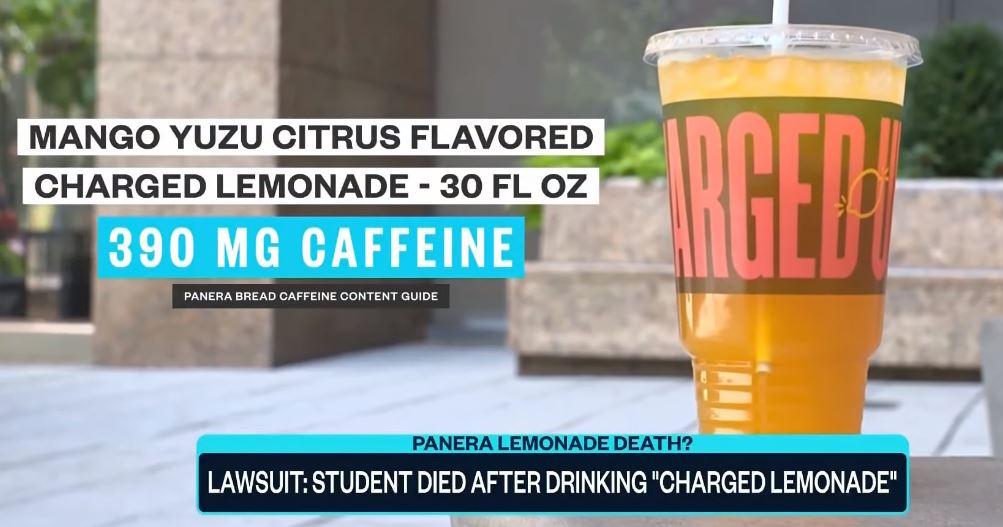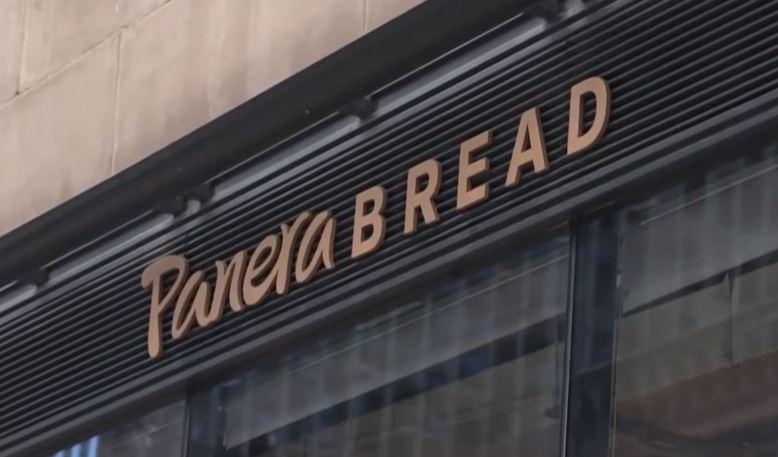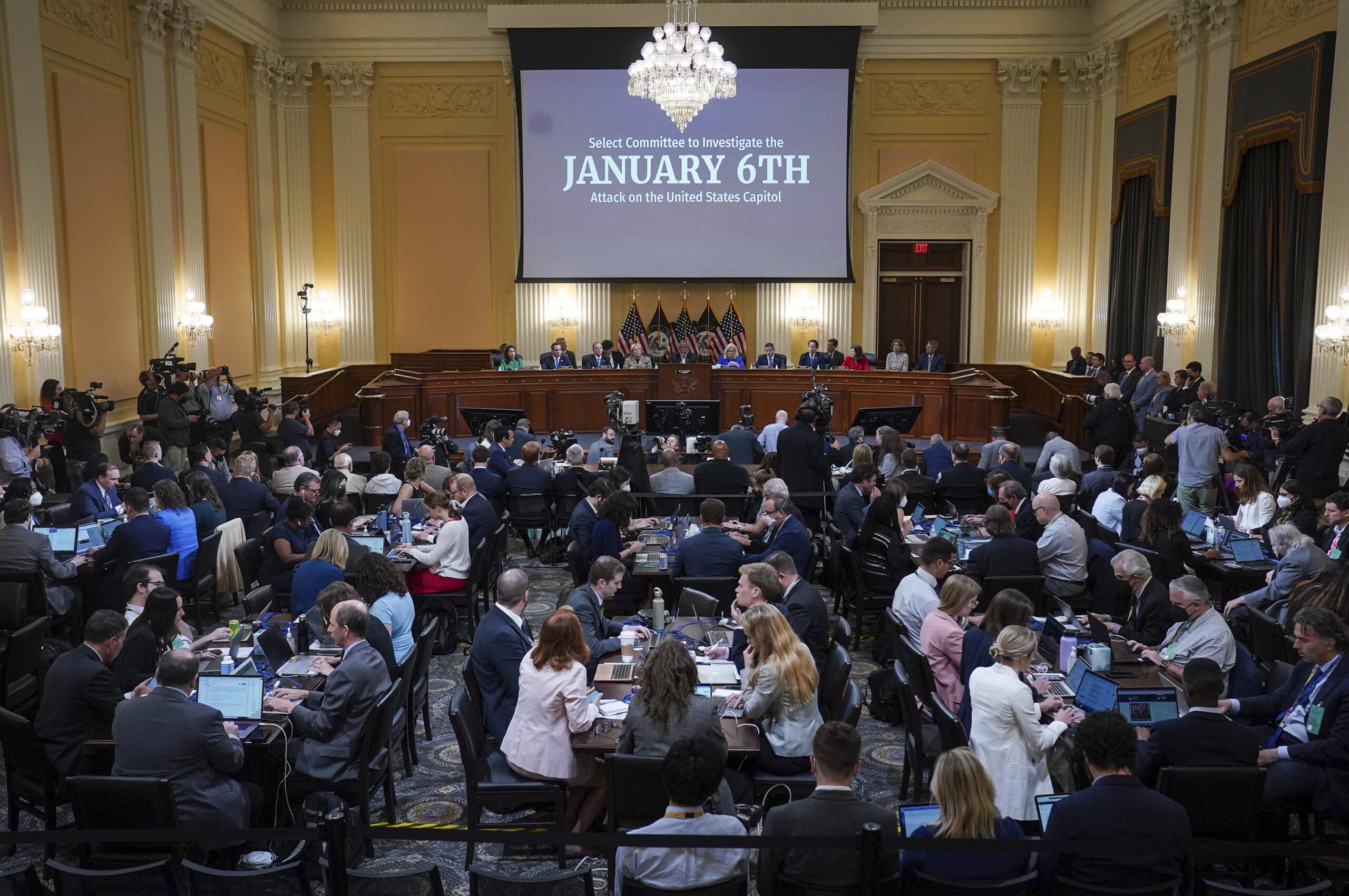Panera Bread is being sued over “Charged Lemonade” following a tragic event. In a shocking turn of events, the renowned fast-food restaurant chain Panera Bread has been sued after a tragic incident involving their “Charged Lemonade” energy drink. The lawsuit claims that the beverage was “unreasonably dangerous” and that Panera neglected to provide adequate warnings regarding its high caffeine content. Sarah Katz, a 21-year-old Ivy League student with a pre-existing heart condition who died in 2022 after imbibing the controversial drink, is at the center of the case. The incident has raised concerns about the food and beverage industry’s transparency and accountability.

Currently, Panera Bread is being sued over its Charged Lemonade beverage. The parents of a 21-year-old college student who died after consuming the beverage filed the lawsuit. The parents assert that the beverage is a hazardous energy drink that contains an excessive amount of caffeine and that Panera does not adequately warn customers of the risks.
According to the lawsuit, the large quantity of Charged Lemonade contains 390 milligrams of caffeine, which is more than a can of Red Bull and Monster Energy combined. The lawsuit also alleges that Panera markets Charged Lemonade as a healthful and refreshing beverage, despite its high caffeine and sugar content.
Panera has not commented publicly on the lawsuit. Nevertheless, the company has previously claimed that Charged Lemonade is a safe and nutritious beverage. Additionally, Panera asserts that it plainly labels the caffeine content of Charged Lemonade on both its menu and packaging.
The lawsuit’s outcome is still pending. Nonetheless, if the parents are successful, it could have a significant impact on Panera Bread and other energy drink manufacturers. It could also result in stricter labeling and marketing regulations for energy beverages.

In addition to the lawsuit, consumer groups have criticized Panera Bread for the high caffeine content in its Charged Lemonade. The Center for Science in the Public Interest (CSPI) has requested that Panera reduce the beverage’s caffeine content and market it in a more responsible manner. The CSPI has also exhorted consumers to be aware of the dangers associated with consuming excessive amounts of caffeine, particularly children, pregnant women, and those with certain medical conditions.
The Tragic Occurrence
Sarah Katz, a junior at the University of Pennsylvania, had been coping with the heart condition Long QT syndrome, which causes irregular heartbeats. Following her doctor’s advice, she avoided energy drinks and caffeinated beverages due to her medical history. By adhering to strict dietary guidelines, she had effectively managed her condition throughout her life.
On September 10, 2022, tragedy struck despite her diligence. Sarah Katz purchased “Charged Lemonade” from Panera Bread, possibly under the impression that it was a traditional lemonade or an electrolyte sports drink, both of which were deemed acceptable for her condition. While dining with guests on that day, she suffered a cardiac arrest. She was rushed to Pennsylvania Presbyterian Hospital, where she tragically suffered a second cardiac arrest and was pronounced deceased.
The Action
Sarah Katz’s parents filed a lawsuit against Panera Bread, claiming that their daughter’s ingestion of “Charged Lemonade” was directly responsible for her passing. The lawsuit emphasizes several crucial factors:
The lawsuit asserts that Panera Bread failed to adequately warn consumers about the elevated caffeine content of “Charged Lemonade.” A large serving of the beverage contains an astounding 390 milligrams of caffeine, which is more than a can of Red Bull and Monster Energy combined.

Panera’s marketing of the beverage has been scrutinized for allegedly being deceptive. While the company describes the beverage as “clean” and “plant-based,” a large “Charged Lemonade” contains considerably more caffeine than their Dark Roast coffee, despite the claimed similarities.
Lack of Specific Size References: According to the lawsuit, Panera’s comparison of “Charged Lemonade” to their Dark Roast coffee is imprecise and potentially deceptive due to the absence of specific size references.
The fact that Panera prepares the beverage in-house raises concerns about inconsistent caffeine levels.
Panera’s Reaction
In a statement, Panera Bread conveyed condolences for the tragic incident and emphasized their commitment to ingredient transparency. The company promised to undertake a thorough investigation, but they have not commented publicly on the lawsuit as of yet.
The “Charged Lemonade” lawsuit filed against Panera Bread highlights the significance of plain and accurate labeling in the food and beverage industry. The tragic death of Sarah Katz has prompted a discussion about the need for comprehensive caffeine disclosure, particularly in beverages that may not appear to be traditional energy drinks. This case will likely continue to develop and may have a lasting impact on how companies present and label their products, as well as consumers’ knowledge of the ingredients in the food and beverages they ingest. Panera Bread is now faced with the challenge of addressing these concerns and ensuring that its products adhere to consumer safety and well-being.




